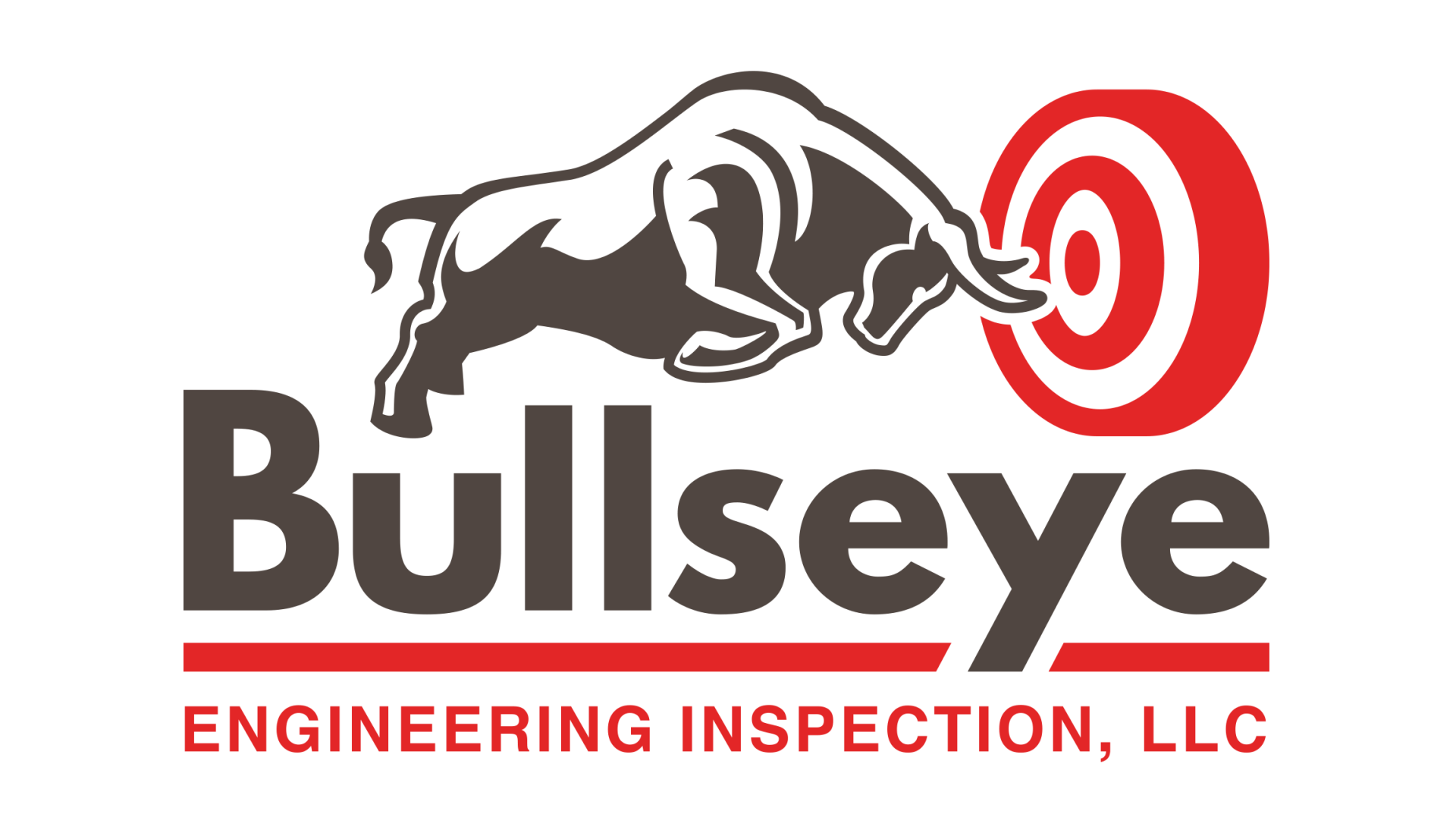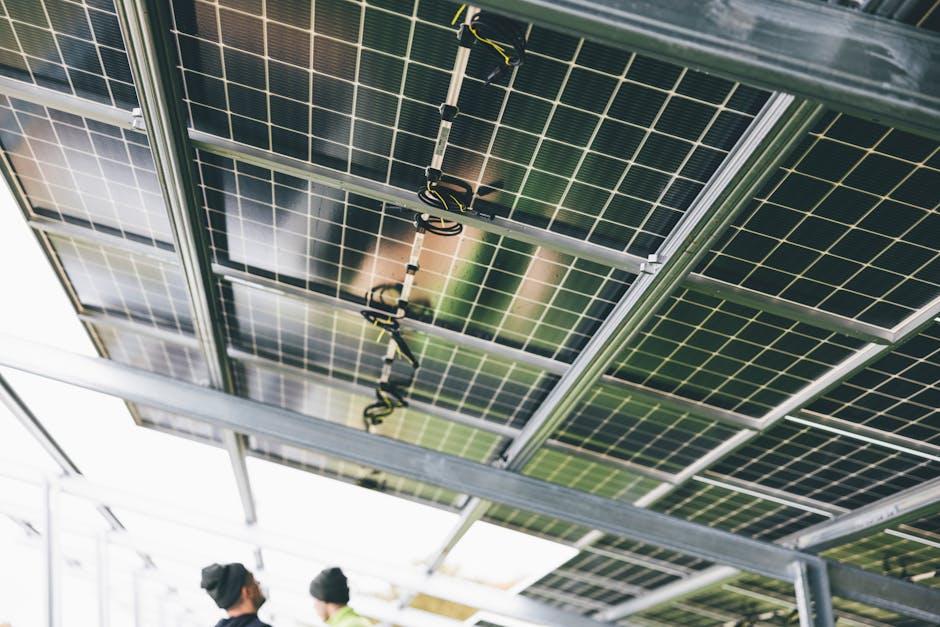
Importance of solar panel inspection
Solar panel inspections are crucial for ensuring that your solar energy system is functioning optimally. Here are a few reasons why regular inspections are essential:
-
Performance: Inspections help in identifying any issues that may be affecting the performance of your solar panels, such as shading or soiling. This ensures that your system is generating the maximum amount of electricity.
-
Safety: Inspections can uncover any potential safety hazards, such as loose wiring or damaged panels, protecting you and your home from any accidents or malfunctions.
-
Warranty: Regular inspections are often required to maintain the warranty on your solar panels. Neglecting inspections could void your warranty, leaving you responsible for any repair or replacement costs.
-
Longevity: By detecting and addressing issues early on, inspections can help prolong the lifespan of your solar panels, saving you money in the long run.
Overall, regular solar panel inspections are a wise investment to ensure the efficiency, safety, and longevity of your solar energy system.
Preparing for the solar panel inspection
Before the solar panel inspection, make sure your panels are clean and free of debris. Check that all electrical connections are secure and no shading is obstructing the panels. Ensure that your inverter is accessible for the inspector to check. It’s important to have your energy production data on hand for the inspector to review.
Finding a qualified inspector
It’s important to find a qualified inspector for your solar panel inspection to ensure a thorough and accurate assessment. Here are some key points to consider:
- Look for an inspector with certifications in solar energy and experience in conducting solar panel inspections.
- Ask for references from previous clients to gauge the inspector’s reputation and reliability.
- Verify that the inspector is licensed and insured to perform solar panel inspections in your area.
- Make sure the inspector uses quality equipment to conduct the inspection for precise results.
- Discuss the inspection process and timeline with the inspector to know what to expect during the evaluation.
Choosing a qualified inspector is crucial for a successful solar panel inspection that can help optimize the performance and longevity of your solar energy system.
Process of a solar panel inspection
During a solar panel inspection, a certified technician will visually check your solar panels for any visible signs of damage or wear. They will also inspect the overall system, including the wiring and connections, to ensure everything is functioning correctly. Testing equipment such as a multimeter may be used to measure the system’s electrical output and performance. Any necessary adjustments or repairs will be made to optimize the panels’ efficiency and prolong their lifespan.
Common issues discovered during inspections
During solar panel inspections, common issues often found include loose connections, broken or cracked panels, faulty wiring, dust or debris accumulation, and shading from nearby trees or structures. These issues can impact the efficiency and performance of your solar panels. Regular inspections help identify and address these issues promptly, ensuring your solar system operates optimally.
Recommendations and next steps after the inspection
After the solar panel inspection, the inspector will provide you with recommendations on any necessary repairs or maintenance. Make sure to follow these recommendations promptly to ensure your solar panel system operates efficiently. If the inspector identifies any issues during the inspection, it is essential to address them promptly to prevent further complications. Consider scheduling regular maintenance checks to keep your solar panel system in top condition. Additionally, if you are looking to upgrade or expand your solar panel system, consult with a professional to discuss the next steps.
Safety precautions during inspection
Always ensure that the solar panel system is turned off before starting any inspection to avoid the risk of electrical shock.
When working with the solar panels, wear appropriate personal protective equipment (PPE) such as gloves and safety glasses to protect yourself from potential hazards.
Avoid walking on the panels to prevent damaging them. Instead, use proper equipment like a ladder or scaffolding to access the panels safely.
Regularly check the weather forecast before conducting an inspection. Avoid inspecting panels in dangerous weather conditions like thunderstorms or strong winds to prevent accidents.
Tools and equipment used in solar panel inspections
During a solar panel inspection, various tools and equipment are utilized to assess the condition and efficiency of the solar panels. These tools include a clamp meter, which measures the electrical current flowing through the system, a multimeter to check voltage and resistance, a thermal imaging camera to detect hot spots or malfunctions, and solar angle finders to ensure panels are properly aligned for maximum sunlight exposure. Inspectors also use IV curve tracers to analyze the electrical output of each panel and solar panel analyzers to evaluate overall system performance. These tools help in identifying any issues affecting the solar panels’ effectiveness and ensure they are functioning optimally.
Understanding the inspection report
During a solar panel inspection, the inspection report provides crucial information about the health and performance of your solar system. The report will detail any issues found during the inspection, such as damage, malfunctions, or inefficiencies. It will also include recommendations for repairs, maintenance, or upgrades to optimize your solar panel’s efficiency and longevity. Understanding the inspection report is essential to making informed decisions about the care and maintenance of your solar panels.
Conclusion and final thoughts
When it comes to concluding a solar panel inspection, it’s important to remember that regular maintenance and checks are key to keeping your solar panels working efficiently. Make sure to schedule inspections at least once a year to catch any issues early and ensure your panels are in top condition. Keep a lookout for any signs of damage, such as cracks, rust, or loose connections, and address them promptly. By staying proactive with maintenance, you can maximize the lifespan of your solar panels and enjoy the benefits of clean, renewable energy for years to come.

